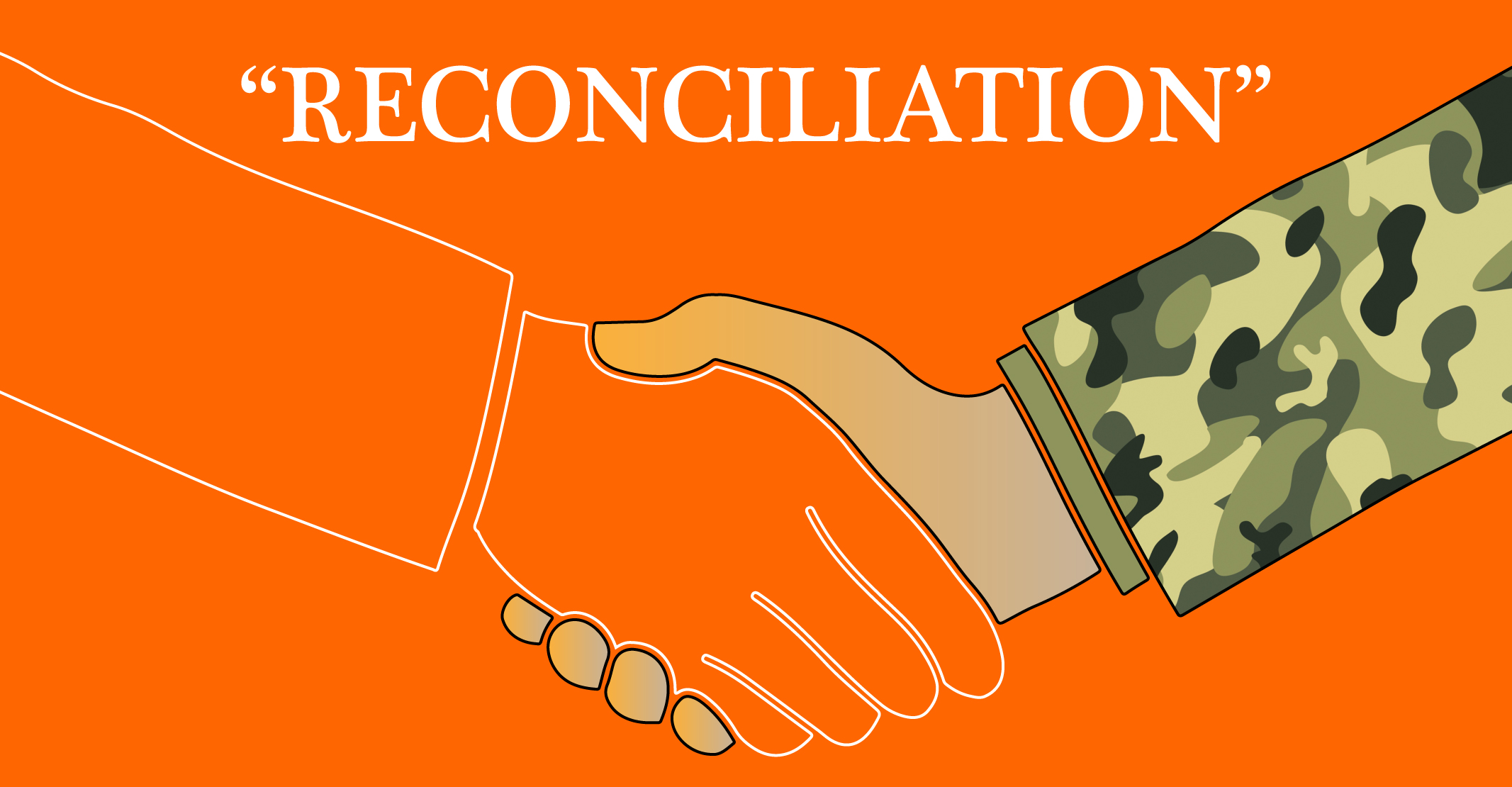As a model for its ongoing reconciliation efforts, the Thai junta will follow the amnesty programme for communists implemented during the Cold War.
The Thai government has made political reconciliation a policy priority, to resolve chronic unrest between different political movements.
Plans include a Memorandum of Understanding (MoU) to be signed by various political parties and movements in acknowledgement of a promise to build peaceful relationships with each other. The junta has also appointed a National Reconciliation Committee, a military-dominated body responsible for leading reconciliation.
Now, the junta’s National Reform Steering Assembly (NRSA) has proposed using the ‘anti-communist’ Order 66/23 as a model for nurturing national reconciliation. Order 66/23 was a directive outlining measures for defeating the communist insurgency issued in 1980 under the government of General Prem Tinsulanonda.
The NRSA has not explained which part of the plan will be used as a model for national reconciliation.
But Gen Prayut Chan-o-cha and Gen Prawit Wongsuwan, the junta head and deputy junta head respectively, have previously told media that 66/23 cannot be used as a model for reconciliation since its social context was totally different from the present.
Order 66/23 was implemented during the late Cold War era when the Communist Party of Thailand (CPT) was already in decline. The order represented a shift in the government’s strategy for fighting the CPT from using weapons to using ‘politics’.
Before 66/23 was issued, the Thai state engaged in armed warfare with the CPT, which operated in certain rural areas. All CPT members were considered treasonous and could be killed on sight. However, the government realised that violent methods alone could not diminish the CPT’s membership.
66/23 introduced a ‘carrot’ method by offering amnesties for CPT member who reported to the authorities. Those who volunteered themselves were not prosecuted and the government provided them farmland so they could begin new lives.
20 years after 66/23 was issued, the Thai government abolished the Communist Offence Act, putting an end to 35 years of war between the Thai state and the CPT.

